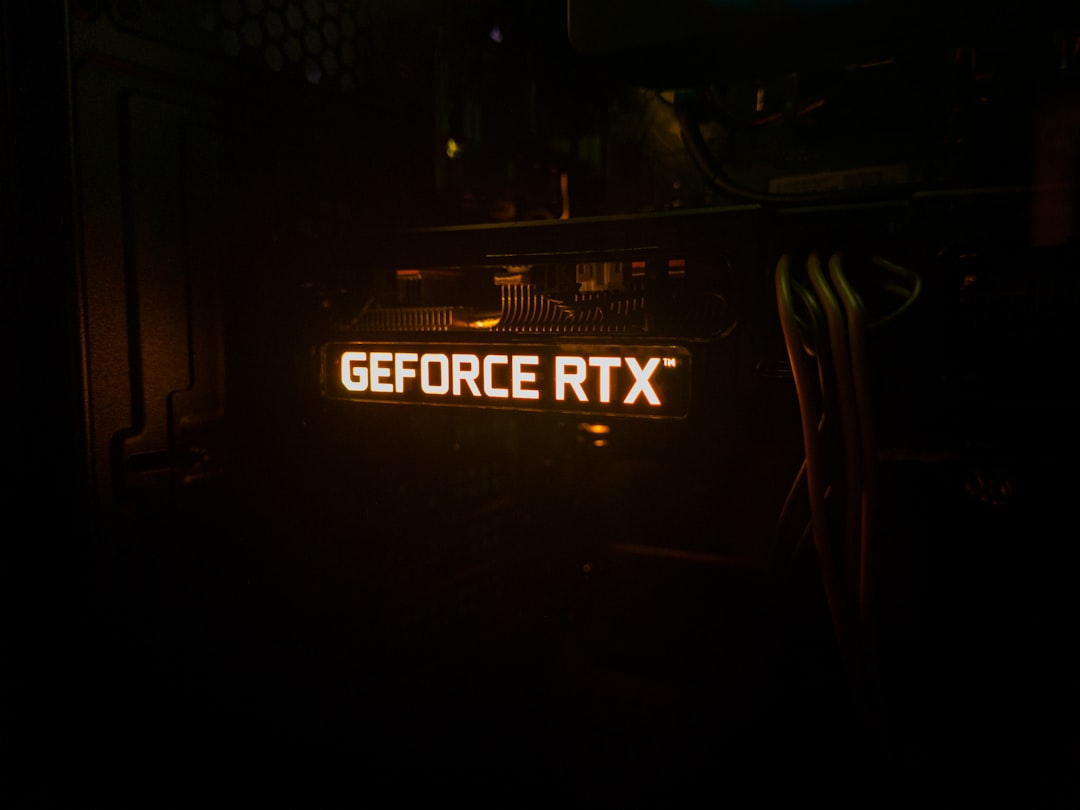Graphics cards are at the heart of the modern gaming and content creation experience. With each new generation of GPUs, gamers are faced with the question: is it worth upgrading to the latest tech? With the release of the NVIDIA RTX 5070, many users of the still-powerful RTX 2080 are wondering whether it’s time to take the plunge. Let’s break down everything you need to know to make an informed decision.
TL;DR
The RTX 5070 offers significant performance improvements over the RTX 2080, particularly in ray tracing, power efficiency, and AI-enhanced features like DLSS 3. If you’re a 2080 user and want to play modern AAA titles at high resolutions with smoother frame rates, the upgrade is absolutely worth considering. However, if your gaming needs are met with your current setup and you’re not chasing bleeding-edge visuals, you may not feel a pressing need to upgrade just yet. It all depends on your gaming resolution, workload, and expectations for future-proofing.
Raw Performance Comparison
Let’s start with what most users care about—performance. The RTX 5070, based on NVIDIA’s Ada Lovelace architecture, brings notable leaps over the Turing architecture found in the RTX 2080. In benchmark tests, the RTX 5070 performs up to 70–90% faster than the 2080 in modern, ray-traced games at 1440p and 4K resolutions.
- RTX 2080: Built on the older 12nm Turing architecture with 2944 CUDA cores, 8GB of GDDR6 VRAM, and first-generation ray tracing.
- RTX 5070: Uses a 5nm Ada Lovelace process, 7680 CUDA cores, 16GB of GDDR6X VRAM, and third-generation ray tracing along with DLSS 3 support.
The difference isn’t just on paper. In real-world scenarios, such as running games like Cyberpunk 2077 or Hogwarts Legacy on ultra settings, the 5070 delivers smoother gameplay with higher average and minimum frame rates. The extra VRAM also ensures better handling of high-resolution textures and larger game assets, especially at 4K.

Ray Tracing and DLSS Capabilities
NVIDIA revolutionized gaming visuals with the introduction of ray tracing in the RTX 20-series. However, first-gen ray tracing on the RTX 2080 was demanding and resulted in frame rate drops unless supported by DLSS 1.0. The RTX 5070, on the other hand, benefits from enhancements in both ray tracing hardware and software.
- Ray tracing cores: The RTX 5070 includes third-gen RT cores, offering more efficient and complex lighting calculations compared to the 2080’s first-gen hardware.
- DLSS 3: This AI-powered frame generation technology uses optical flow and deep learning to insert new frames in between rendered ones, substantially increasing smoothness without a sizable GPU load.
In games that implement DLSS 3, users of the RTX 5070 can achieve frame rates that are unimaginable on the 2080. This is especially useful for high-FPS gamers and competitive play, where even a minor lag can mean defeat.
Power Efficiency and Thermals
Another area of improvement is in power efficiency. Despite its big performance gains, the RTX 5070 actually runs cooler and draws less power per frame rendered than the RTX 2080, thanks to advancements in manufacturing processes and architectural improvements.
- RTX 2080 TDP: 215W
- RTX 5070 TDP: ~220W
While the wattage numbers are similar, the 5070 delivers almost double the performance per watt. It also features smarter fan control and improved thermal design, helping it stay quieter under load.
VR and Future-Proofing
Virtual Reality (VR) gaming and next-generation titles are becoming more demanding. The RTX 5070 is far more equipped to handle these workloads due to higher VRAM, better AI acceleration, and newer APIs.
If you’re investing in future releases—and especially if you use your rig for VR or 3D rendering—the 5070 gives you breathing room for the next several years. Ultimately, it extends your PC’s relevance without the need for intervention or compromise.
Price and Availability
When making the upgrade decision, pricing plays a critical role. At launch, the RTX 2080 retailed for around $699, and today’s RTX 5070 comes in at roughly the same MSRP—though pricing may fluctuate based on demand and availability.

The resale value of the RTX 2080 is decent, often ranging between $200–$250 on secondary markets, which can help offset the cost of the upgrade. That makes the effective price of upgrading to an RTX 5070 much more reasonable than it might initially appear.
Use Case Scenarios
Let’s break down who should seriously consider this upgrade based on different user profiles:
Gamer Playing at 1080p
Upgrade optional. If you play mostly at Full HD and your RTX 2080 performs well, you might not see a huge difference aside from power efficiency and DLSS 3 support. Wait for the next cycle unless you want ray tracing plus ultra-fluid gameplay.
1440p and 4K Gamers
Strongly recommended. The RTX 2080 starts to show its age in modern titles at these resolutions. The 5070’s improved memory bandwidth, larger VRAM pool, and DLSS 3 support make it a much better choice for high-res gaming.
Content Creators and Streamers
Recommended. Faster render times, encoding support via AV1, and improved CUDA performance make the RTX 5070 a productive boost for creators using Adobe Premiere Pro, Blender, or DaVinci Resolve.
VR Enthusiasts
Highly recommended. VR requires high frame rates and low latency. The RTX 5070’s modern design is far more capable of sustaining consistent performance in VR titles compared to a 2080.
Software and Driver Support
While NVIDIA continues to provide driver updates for older GPU generations, newer cards always get priority for performance tuning and optimization. The RTX 5070 will continue to receive updates and optimizations well beyond the support lifecycle of the 2080. Game developers are also more likely to target optimizations for newer architectures going forward.
Conclusion: Is It Worth the Upgrade?
The RTX 5070 is not just a step forward—it’s an evolutionary leap in graphical performance, efficiency, and features. It outmatches the RTX 2080 in virtually every category, from raw compute power to software enhancements. With the 5070, gamers can enjoy higher frame rates, smoother ray tracing effects, and overall better longevity in their systems.
That said, whether it’s “worth it” ultimately depends on your specific use case:
- If you’re gaming at 1440p or higher: Yes, it’s worth the upgrade.
- If you’re a content creator or streamer: Yes, it adds real productivity value.
- If you’re gaming at 1080p with no performance complaints: Wait till the next generation.
Given the technological advancements, the RTX 5070 makes a compelling case for replacing your RTX 2080—especially if you’re aiming for premium gaming experiences or professional creative workloads in the years to come.



